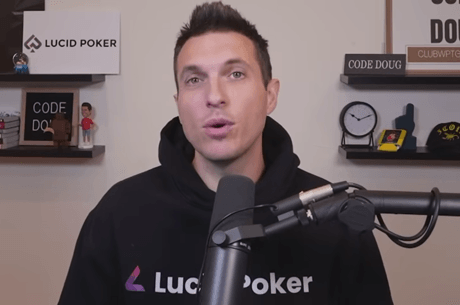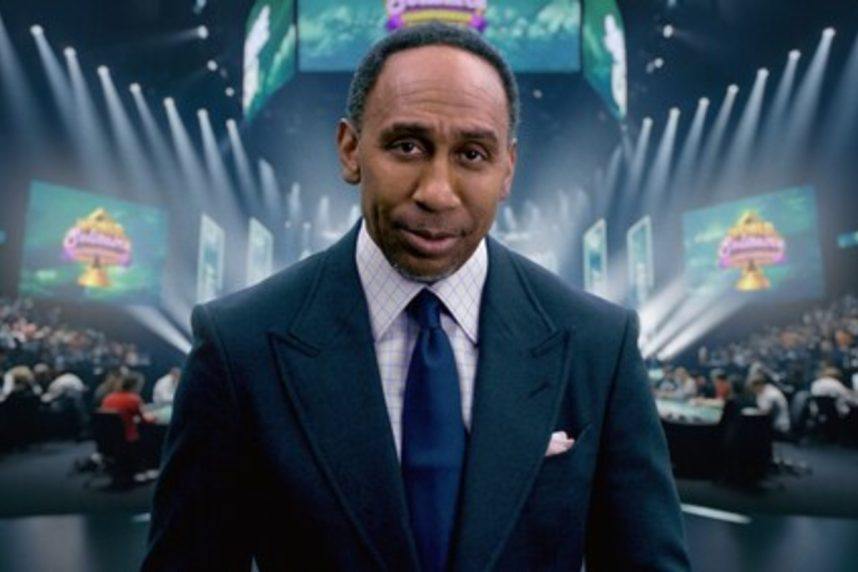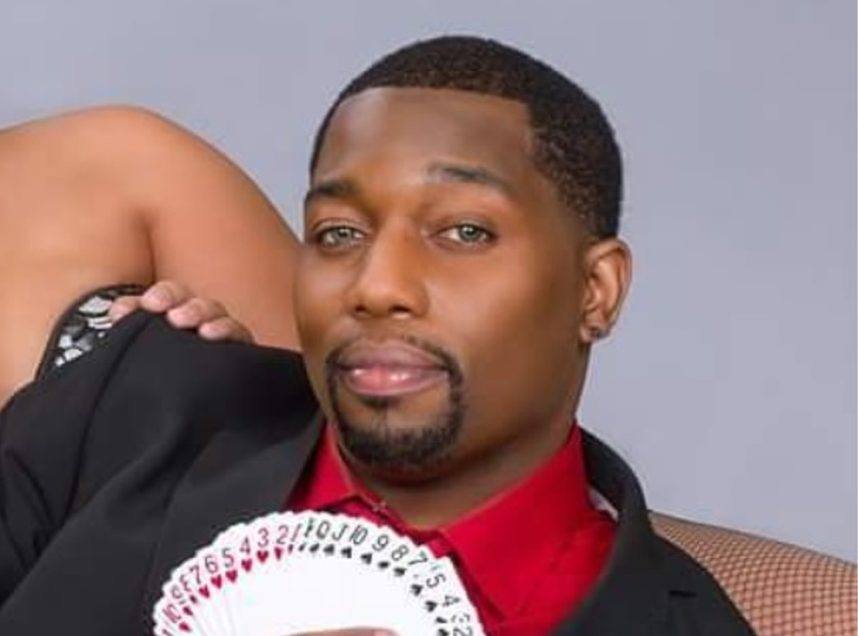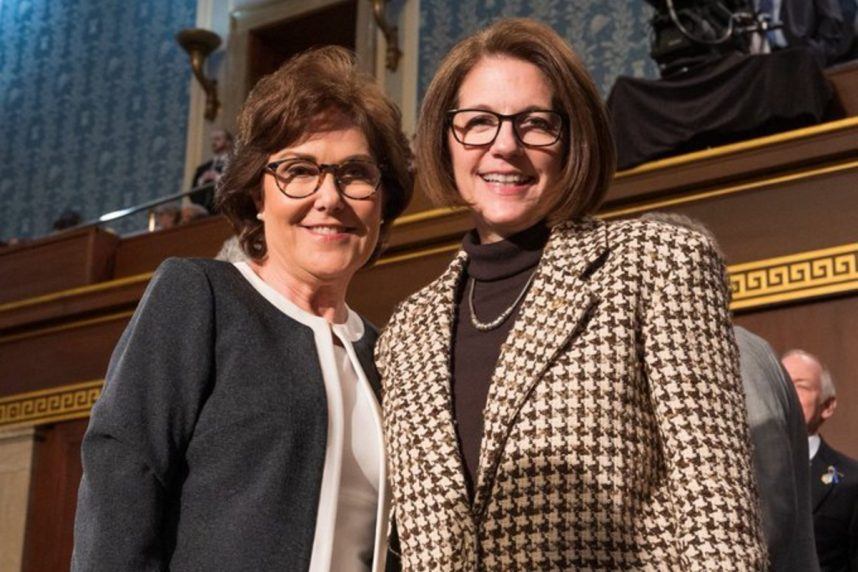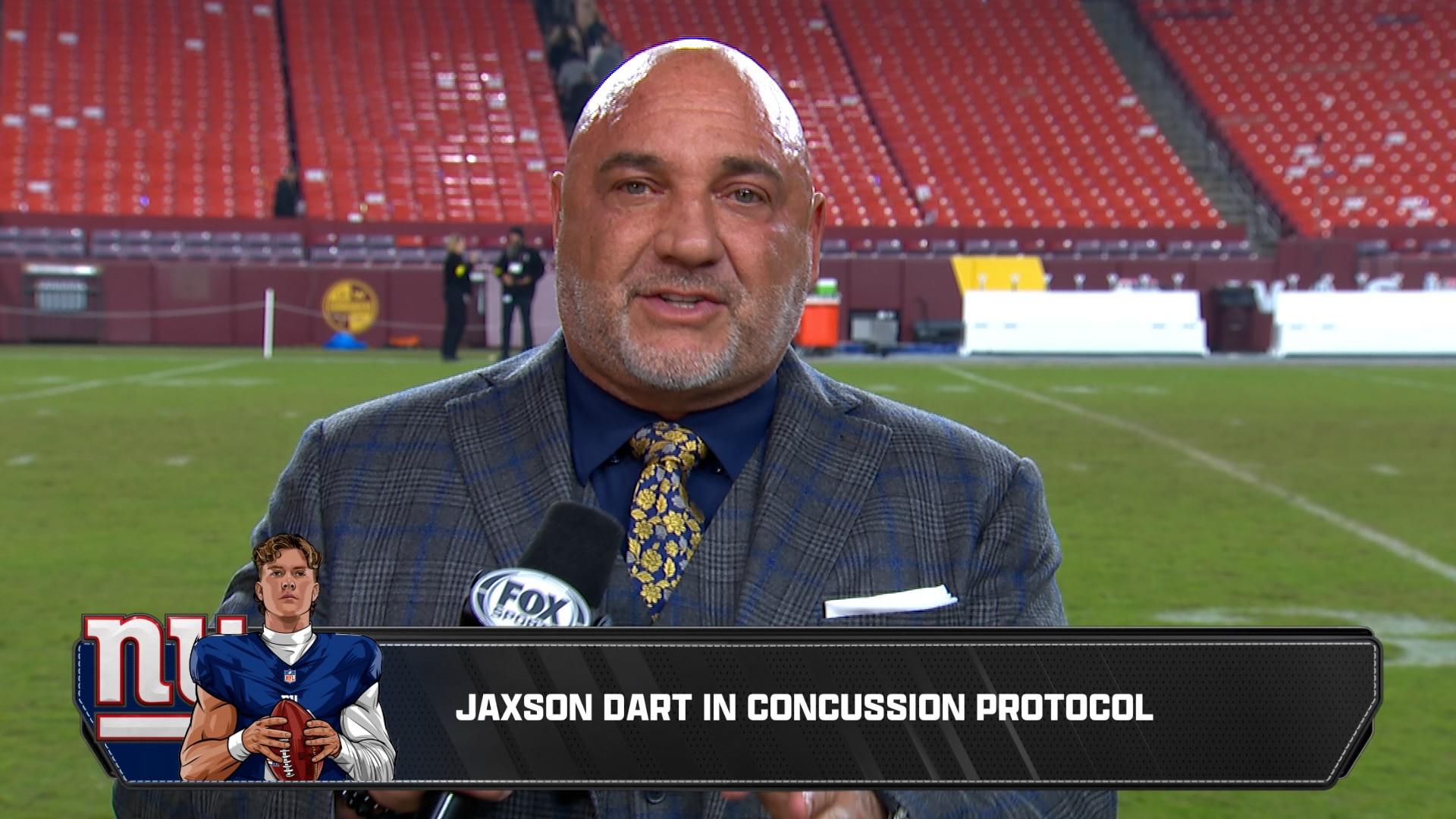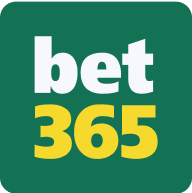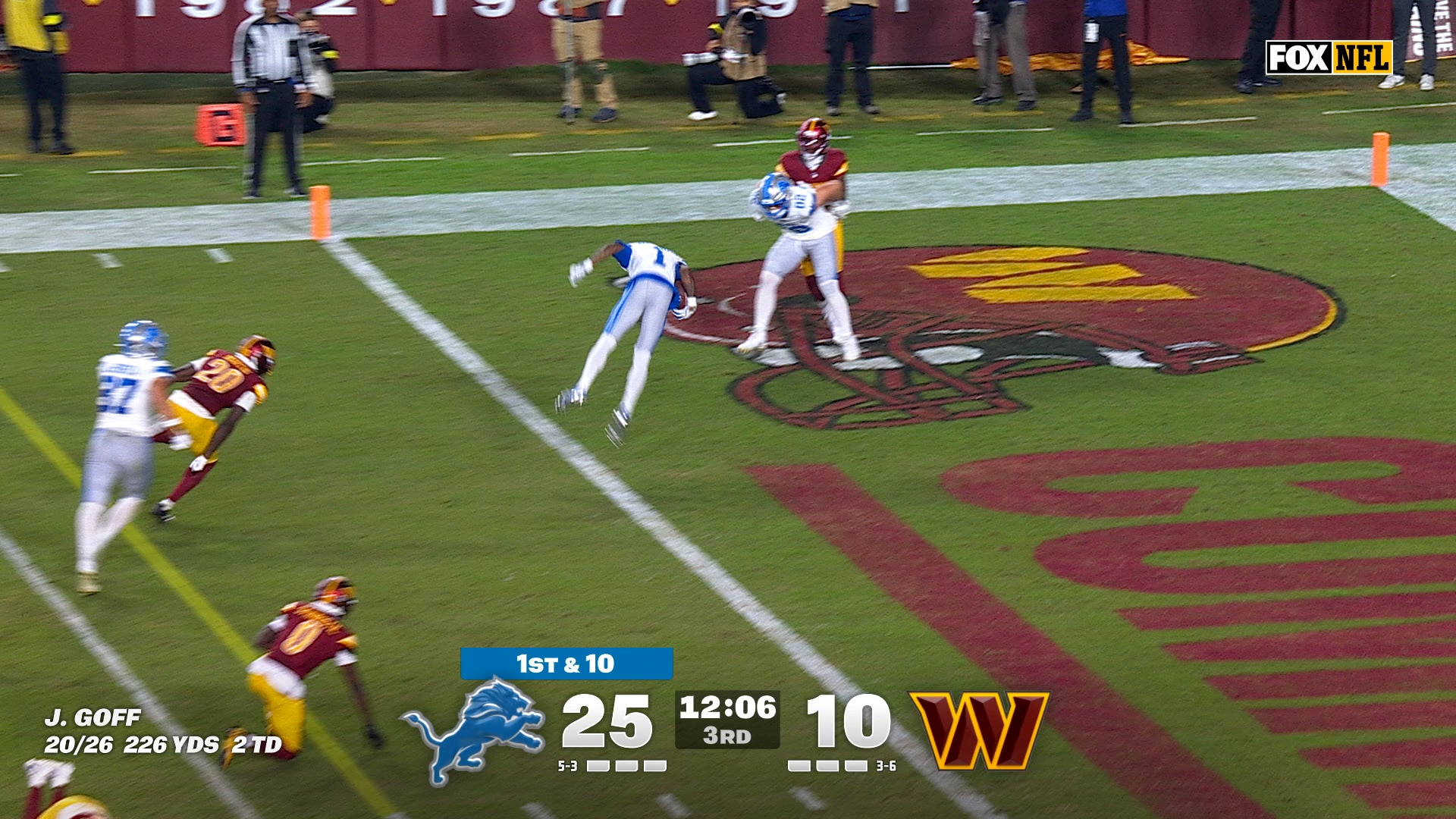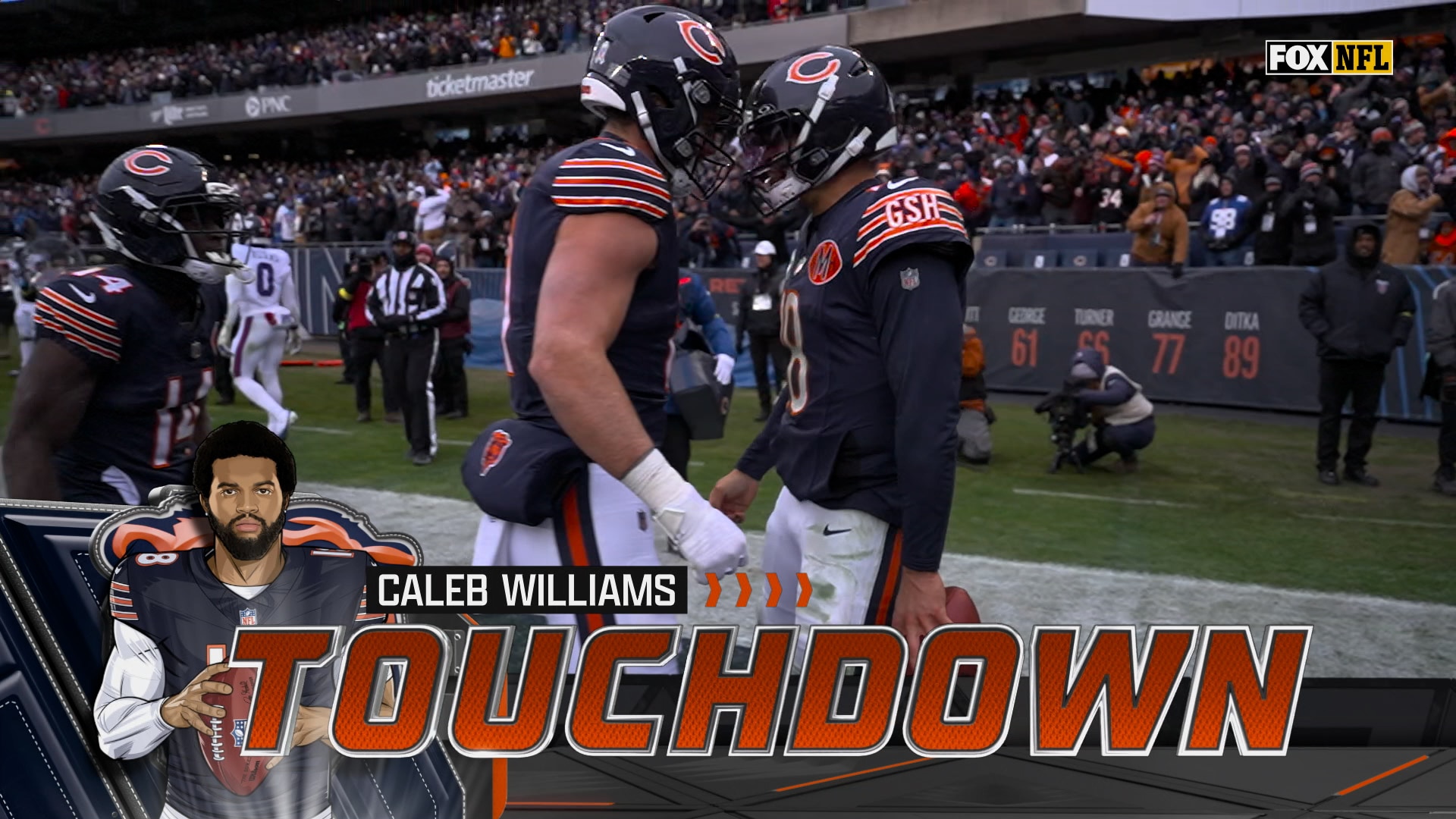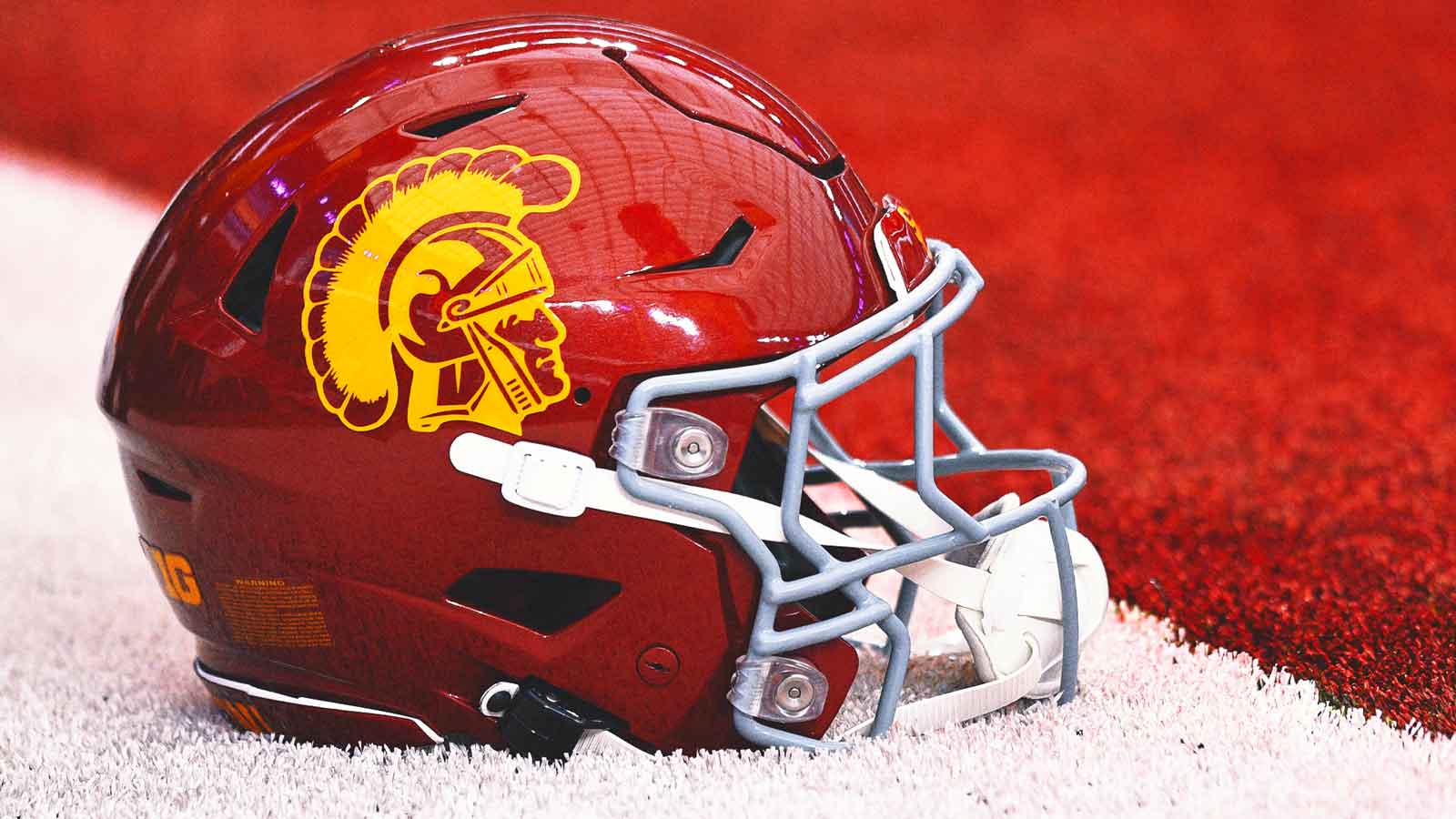Prediction markets like Kalshi serve a very important function.
In fact, I agree with the following two quotes from Kalshi’s CEO Tarek Mansour. These are from a Reddit “Ask Me Anything” session he did last year.
“Prediction markets can serve as a type of insurance for people who would suffer the real consequences of events that hurt them, which is really important for economic security & stability.”
And …
“It’s useful to the public to have a gauge of what the chances of a particular event happening are, particularly with massively consequential events like elections.”
Shayne Coplan, the founder and CEO of Polymarket, has similar things to say that I also fully agree with, such as the goal of Polymarket being to “harness the power of free markets to demystify the real world events that matter most to you.”
So, yes, I agree that prediction markets can indeed serve as hedges and as a tool to see the world, and I’m willing to stretch that out to near-infinity.
On the hedging front specifically, soybean farmers can use prediction markets to hedge against soybean shortages or a soybean glut or whatever else can happen to soybeans.
You know who else can hedge, as I stretch to near-infinity? Stan, from Stan’s Sports Bar in the Bronx, which is located across the street from Yankee Stadium. What if the Yankees suck for the next two decades (one can hope)? Well, maybe Stan could buy contracts on the Yankees sucking to help pay his bills. A little stretchy for your tastes? Sure, I get it. But still — an argument can be made.
Where an argument can’t be made, where “real consequences of events” don’t exist, where there’s no use for the public to “have a gauge of what the chances of a particular event happening,” where an event needs the sum total of zero “demystifying” would be … the spin of a roulette wheel. The banker’s hand in a baccarat game. Whether to hit on your hard 12 to the dealer’s 3.
But at least one CEO of a major gambling company is worried that’s exactly what is next on the horizon.
Snowden speaks
“Let’s be very clear about this: I’d be shocked if prediction market operators, if they’re raising money at significant valuations and doubling every few months, aren’t talking about this,” Penn Entertainment CEO Jay Snowden said on the company’s earnings call last week. “If you can move forward with prediction markets and sports gambling, what would stop you from offering prediction markets and contracts on the next spin of a slot machine, the next hand of blackjack, the next spin of the ball at a roulette table? This is existential. This is not something we’ll be talking about years from now — it’s months.”
If you note a little “sky is falling” vibe from Snowden, you’re not wrong.
After all, prediction markets are moving fast and breaking things, and some of Penn’s online competitors — notably DraftKings and FanDuel — are branching out into prediction markets themselves.
Snowden said Penn is currently not looking to get into the prediction market space, but noted that “maybe” it should be. At the same time, he seemed to call in the cavalry.
“As an industry, we’ve got to play offense and figure out how to stay ahead of this,” he said. “We’ve got to come together quickly, though. We don’t have a lot of time.”
Unpacking that
For starters, the “as an industry” thing there … well, when DraftKings and FanDuel are diving and wading in, respectively, to the prediction market space, I’d have to think “the industry” — namely, online sports betting and iCasino operators — is going to splinter along lines of where each operator stands, prediction-market wise. We could, theoretically, be soon living in a world where it’s very literally FanDuel and DraftKings against everyone else.
And if you think Snowden is being a little hysterical here, I’d caution you to not think so. After all, it wasn’t so long ago — um, like six weeks ago — when FanDuel co-founder Nigel Eccles, now operating a crypto casino, ha-ha’d a tweet into existence, which Captain Jack Andrews commented on, noting he was being “sarcastic,” but uh, ha-ha nervous laughter, not really?
Furthermore, the modern online gambling world has not exactly been known to be an “ask for permission first” kind of space. For proof, see: daily fantasy sports, daily fantasy pick ‘em, sweepstakes sites, prediction market sites, and, I’m sure, countless other instances. All of this leads to the conclusion that …
… Snowden is probably right. What’s to prevent a prediction market site from launching a prediction market that looks, feels, plays, and for all intents and purposes is, a table game or a slot? The answer is “nothing, outside of a lack of imagination.”
Yes, this would be bad
Let me be clear about where I stand: Prediction markets are good. They serve legitimate functions, provide real hedging opportunities, and offer genuine price discovery.
But prediction markets morphing into thinly veiled online casinos? That’s bad, and not just because it muddies the already filthy regulatory waters.
So what happens next? The optimistic take is that regulators will draw clear, bright lines between legitimate prediction markets serving a useful (or at least useful-ish) function and pure gambling dressed up in prediction market clothing. The pessimistic take? Well, that they won’t.
The thing is, there are meaningful distinctions to be made here. A prediction market on whether the Fed will raise interest rates in March serves a genuine price discovery function for financial markets. A prediction market on whether the next card drawn from a deck will be red or black? That’s just War, with extra steps and a fancier name.
But making those distinctions requires regulatory bodies to move quickly and decisively, which historically hasn’t been their strong suit. By the time the Commodity Futures Trading Commission and state gaming regulators finish their turf wars over jurisdiction, we could very well be living in Snowden’s nightmare scenario.
Snowden is right to sound the alarm. The only question is whether anyone with the power to do something about it is listening, and whether they’ll act before “prediction market on the next spin of a roulette wheel” goes from an earnings call hypothetical to a Tuesday afternoon reality.

 2 hours ago
10
2 hours ago
10

 (@shayne_coplan) October 25, 2024
(@shayne_coplan) October 25, 2024





